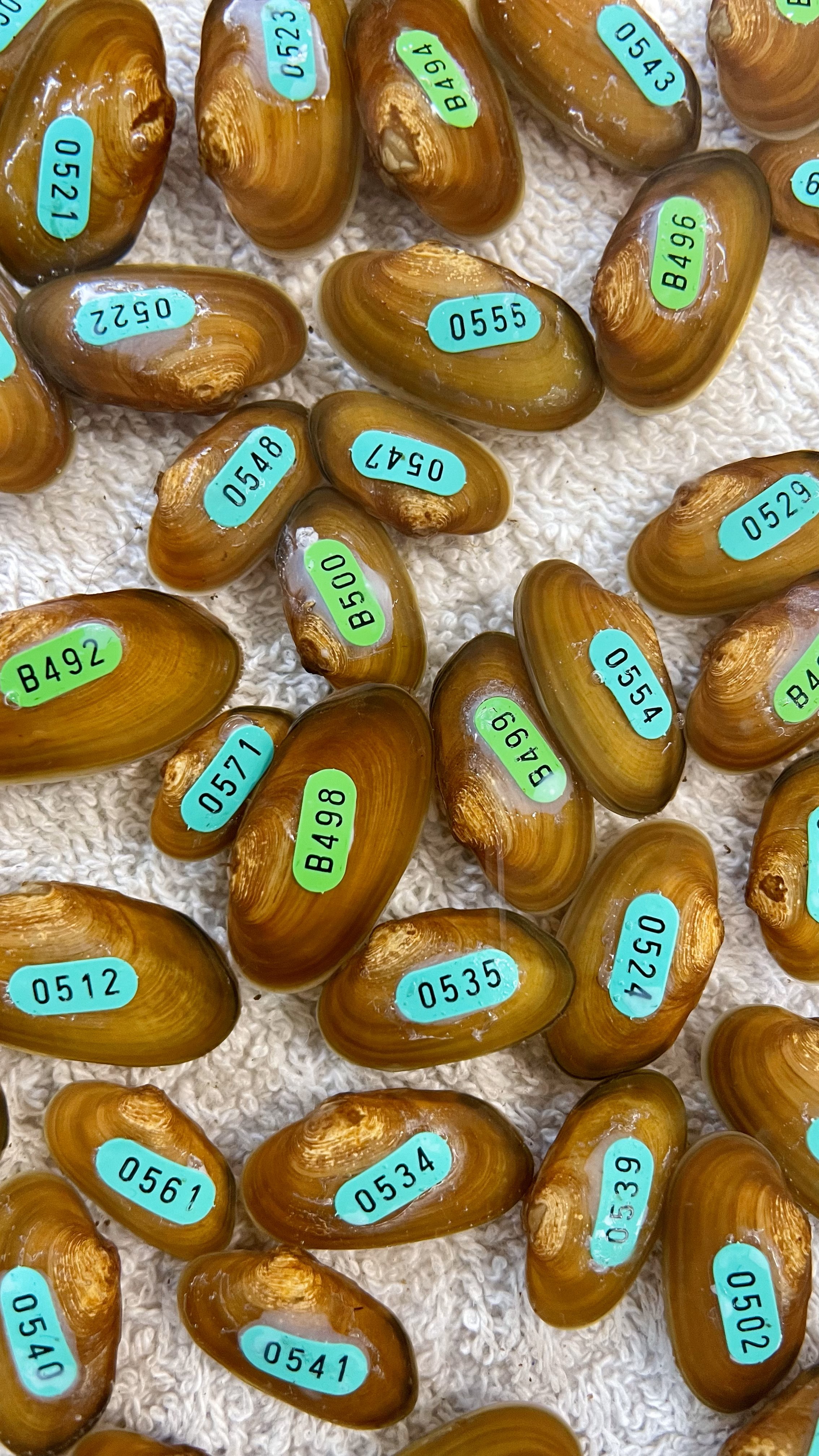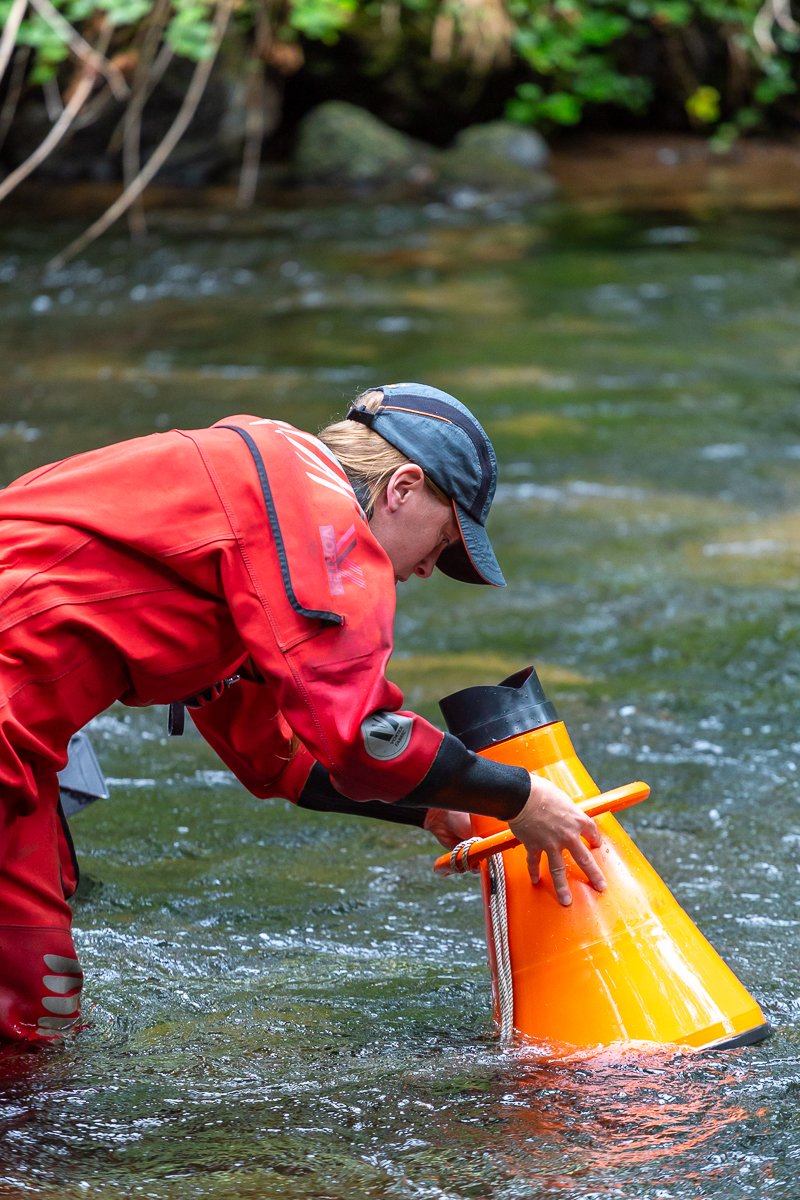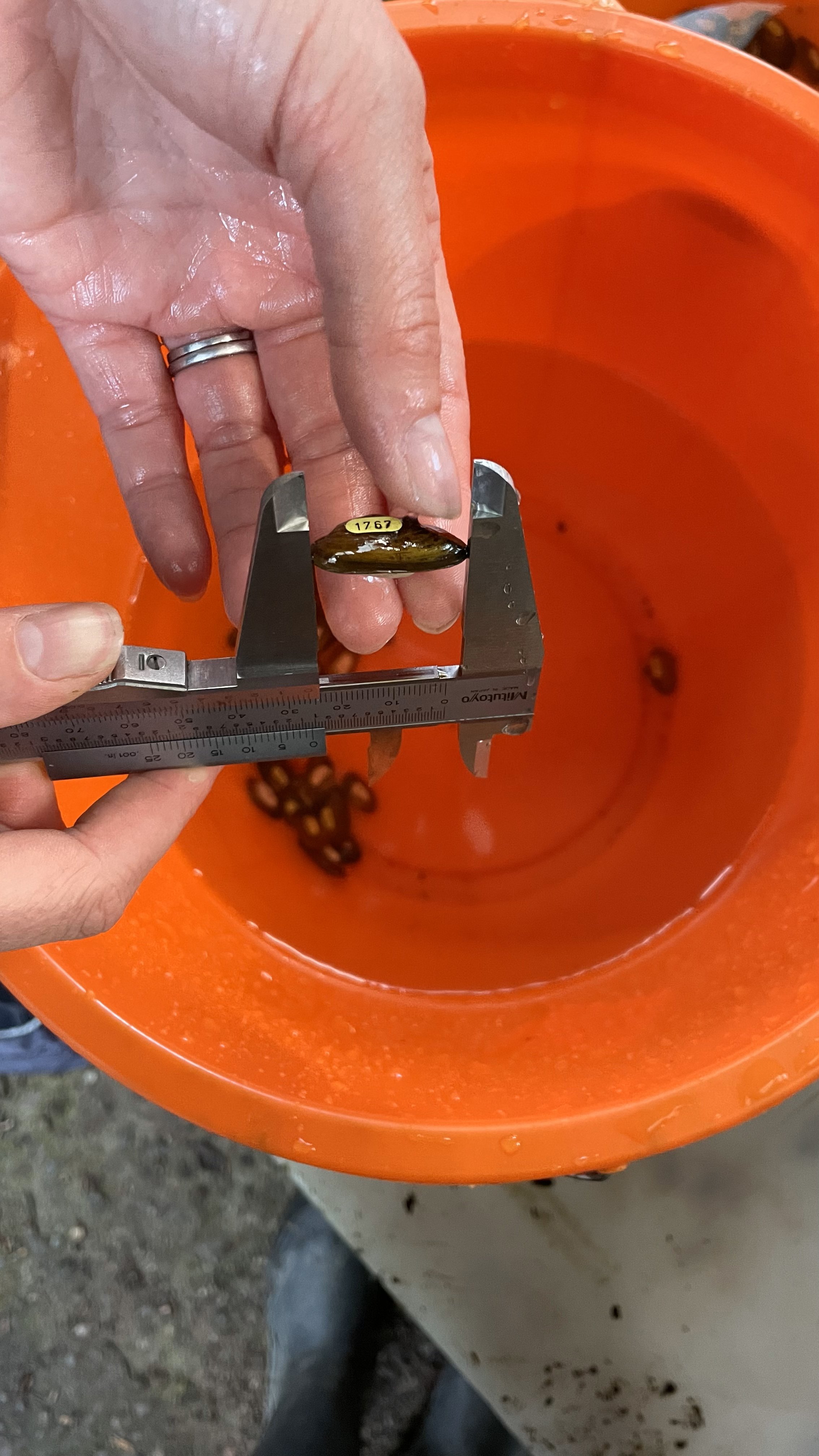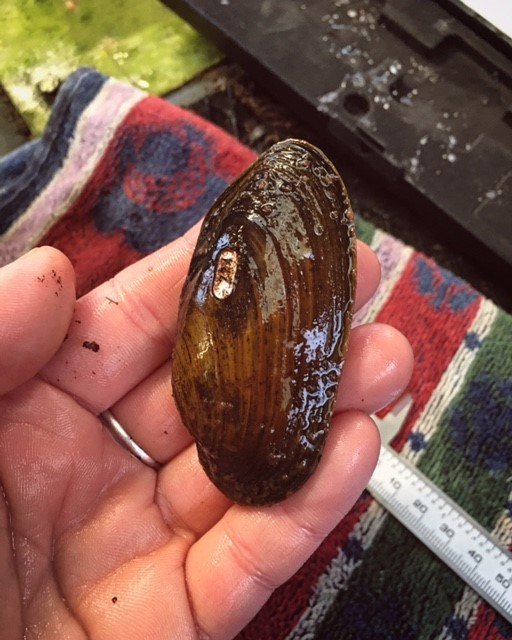Head of Science co-authors new freshwater mussel research paper
FBA’s Head of Science, Dr Louise Lavictoire, is a leading author on a newly published paper concerning captive breeding freshwater mussels.
Dr Louise Lavictoire, Head of Science at the Freshwater Biological Association
A new, open access research paper, on which Dr Louise Lavictoire is a principal author, has just been published, titled:
Captive breeding of European freshwater mussels as a conservation tool: A review
The article reviews the current state of captive breeding and rearing programmes for freshwater mussels in Europe. It considers the various species, strategies, and techniques of propagation, as well as the different levels of effort required according to rearing method, highlighting the key factors of success.
There are currently 46 separate freshwater mussel breeding activities happening across 16 European countries, mainly on the freshwater pearl mussel (Margaritifera margaritifera) and the thick-shelled river mussel (Unio crassus). although some facilities are focussing on the most imperilled of our European freshwater mussel fauna.
Our Head of Science, Dr Louise Lavictoire comments “We’re honoured to have worked with so many of Europe’s top mussel scientists and practitioners to pull together this review, and to shine a light on their tireless efforts to save some of the most imperilled species in Europe. Successful captive breeding programmes need to be combined with habitat restoration so the work the mussel community are doing to breed juvenile mussels for release is giving us the time needed to implement these sometimes highly-complex habitat improvements.”
The Freshwater Pearl Mussel Ark
In 2007, The Freshwater Biological Association established a Freshwater Pearl Mussel Ark where it is captive breeding the critically endangered freshwater pearl mussel (Margaritefera Margaritifera) at its Species Recovery Centre.
The Species Recovery Centre is a bespoke facility nestled on the shores of Windermere in the Lake District where the Freshwater Biological Association has been conducting research since 1929.
Staff checking fish tanks at the Species Recovery Centre
The freshwater pearl mussel is found only in very clean rivers and streams which are low in calcium and other nutrients. Some of the biggest threats facing pearl mussels in the wild are pollution, nutrient enrichment, high sediment loads coming from land run-off, and climate change.
Many of the existing wild populations are ageing, with the youngest mussels in the river being over 70 years old due to juveniles being unable to survive in poor habitat conditions. At the Ark, we have been breeding juveniles from several English and Welsh populations in order to boost populations and we have now started releasing juveniles back into their native rivers.
Hear more about our breeding and release work in our recent presentation as part of the entoLIVE series.
Further reading
The Freshwater Biological Association publishes a wide range of books and offers a number of courses throughout the year. Check out our shop here.
Get involved
Our scientific research builds a community of action, bringing people and organisations together to deliver the urgent action needed to protect freshwaters. Join us in protecting freshwater environments now and for the future.
















